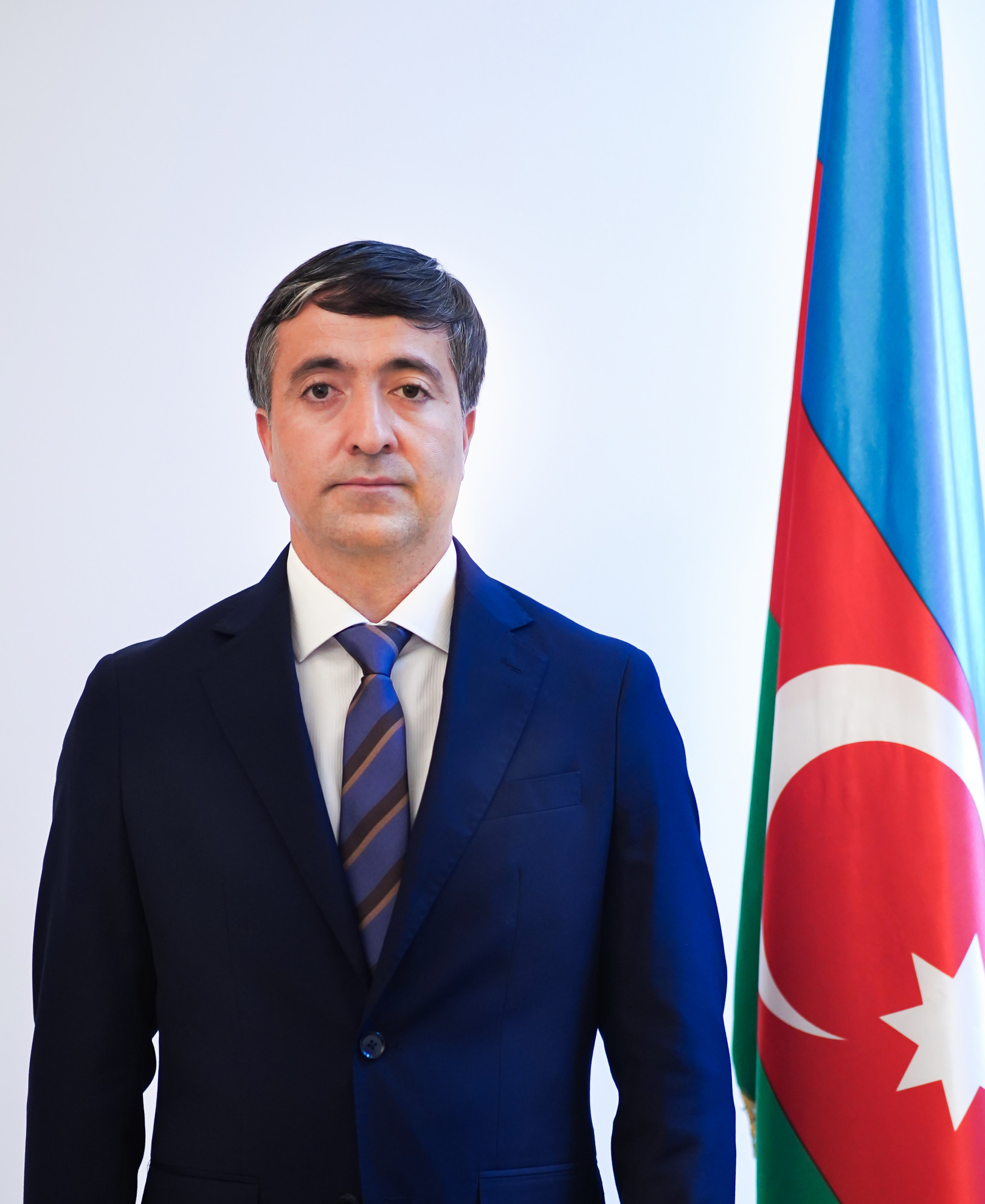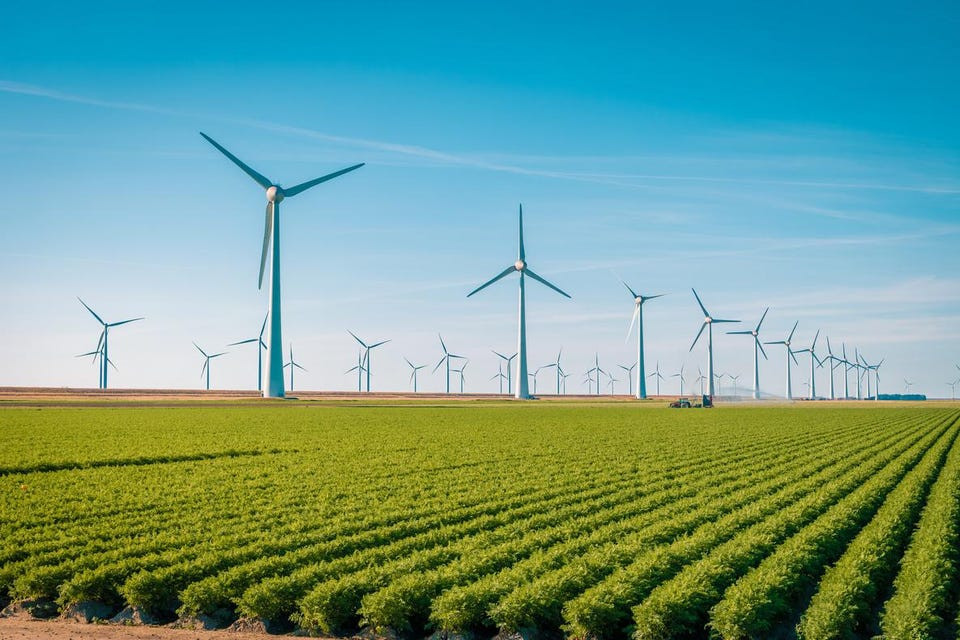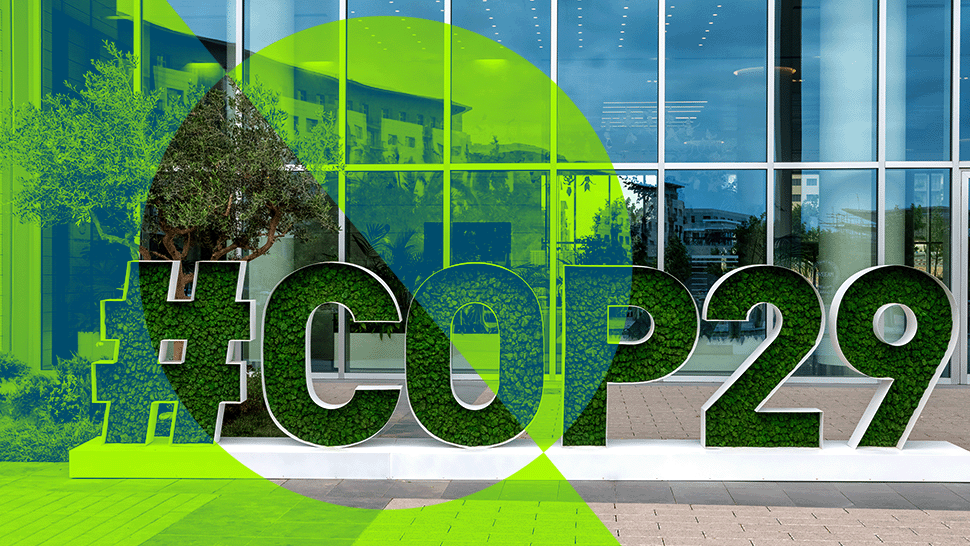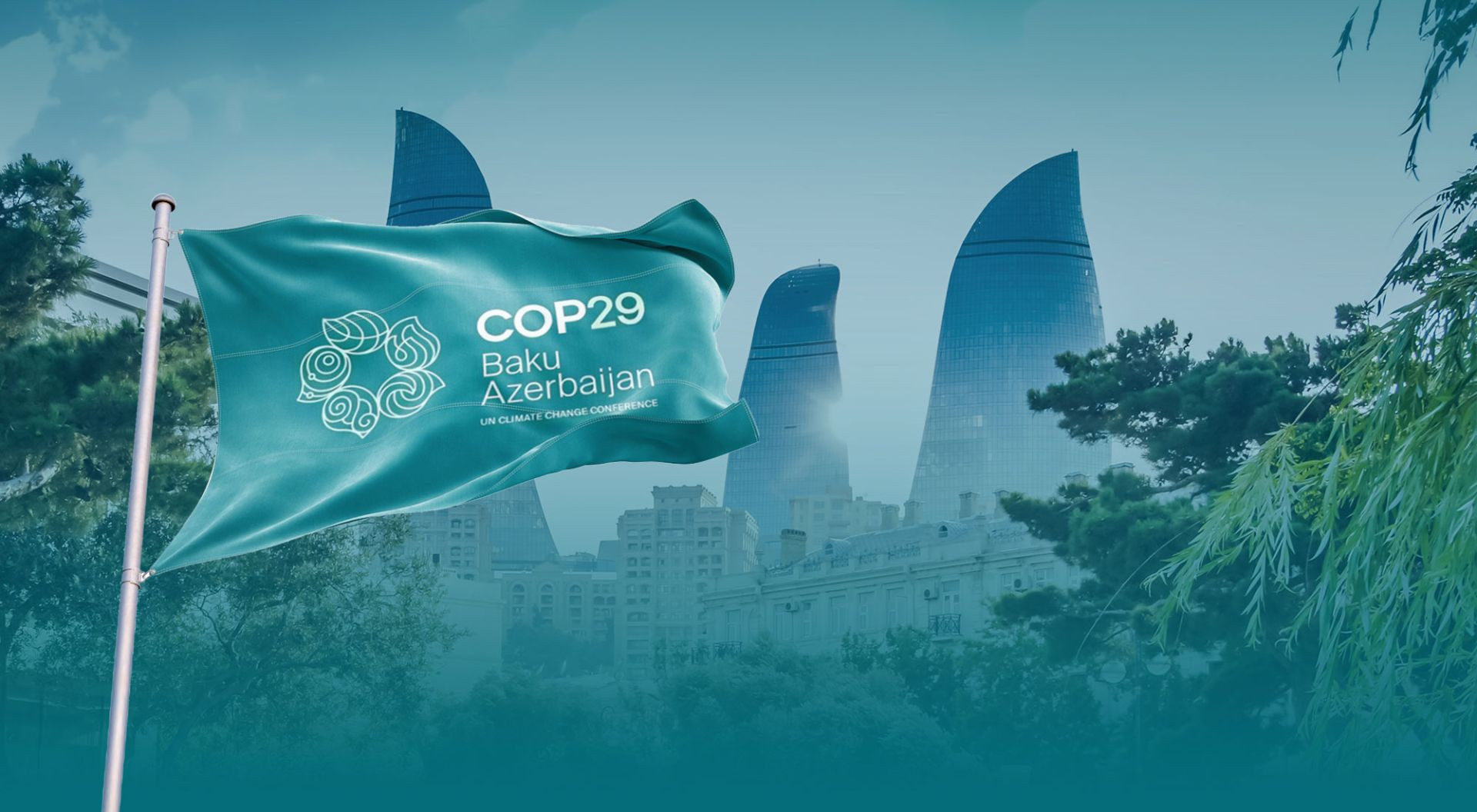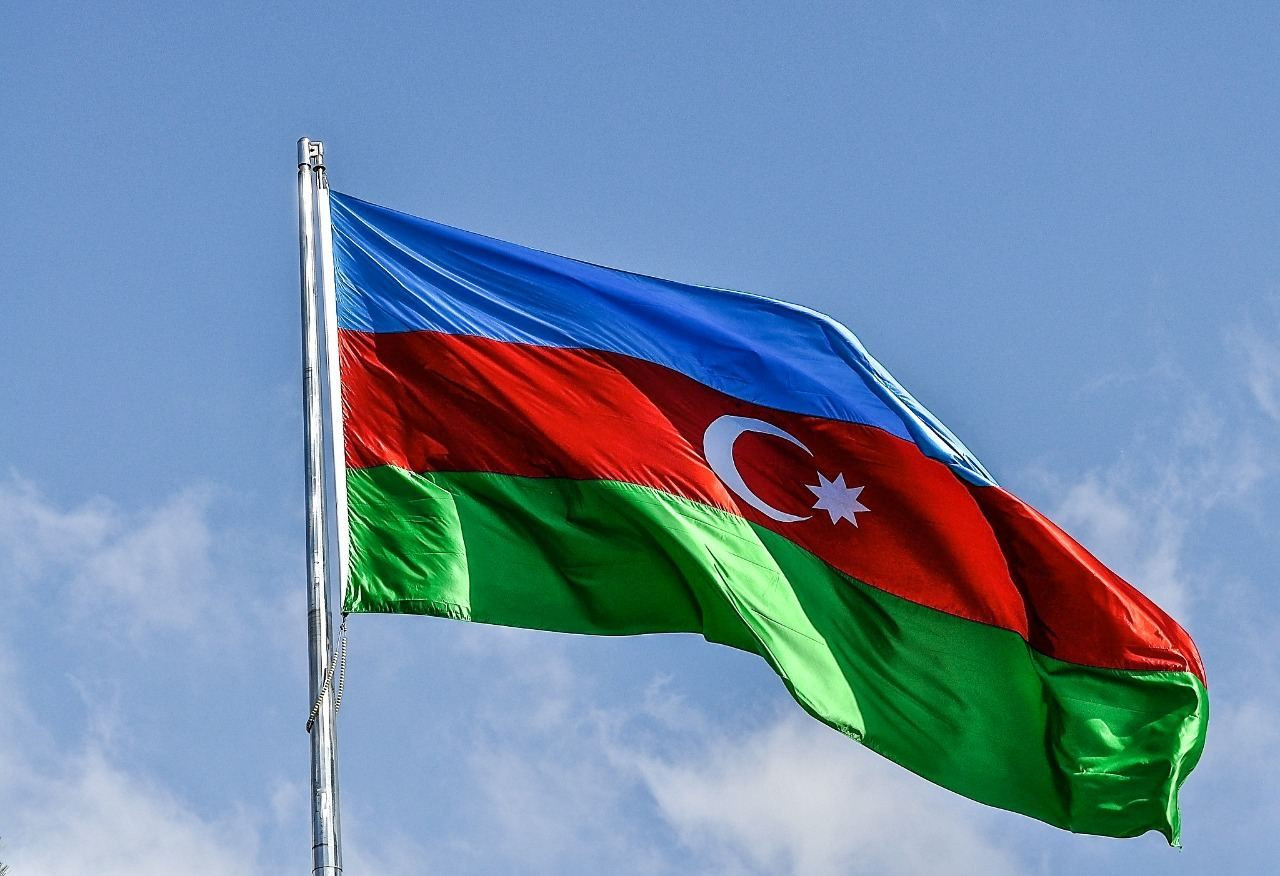Global energy crisis has demonstrated the importance of a cleaner and more secure energy future; therefore, the current momentum can be a turning point for many nations to build the policies and strategies towards green and sustainable development. To this end, the Republic of Azerbaijan also supports a sustainable energy future, and transforming the country into a “green energy hub” is a key component of Azerbaijan’s energy policy. Azerbaijan has already started the process of development of a green economy. Garabagh, East Zangezur and the NakhchivanAutonomous Republic have been declared “green energy zone”. These regions have great potential for renewable energy sources, which will support environmental protection and green growth.
According to the United Nations Environment Programme(UNEP) “a green economy is defined as low carbon, resource efficient and socially inclusive. In a green economy, growth in employment and income are driven by public and private investment into such economic activities, infrastructure and assets that allow reduced carbon emissions and pollution, enhanced energy and resource efficiency, and prevention of the loss of biodiversity and ecosystem services. Also, sustainable energy policy defines “twin pillars” – energy efficiency and renewable energy sources, which are key to achieve green growth. In July 2022, the EU and Azerbaijan signed a new Memorandum of Understanding on a Strategic Partnership in the Field of Energy, which supports cooperation in the field of energy efficiency and renewable energy sources. As noted by President von der Leyen: “Azerbaijan and the EU are also laying the foundations of a long-term partnership on energy efficiency and clean energy, as we both pursue the objectives of the Paris Agreement”.
Azerbaijan signed the Paris Agreement on climate change, which set up a goal to reduce greenhouse gas emissions (GHG) by up to 35% by 2030 and 40% by 2050. Towards this end, the country has already started to develop its renewable energy capacity. Azerbaijan’s climate conditions offer major potential for the electricity generation from solar and wind. Onshore and offshore wind farms/clusters, solar power, hydro will be major renewable energy sources. Especially, the potential for solar and wind power generation is very significant. The possibilities for wind power development are very strong, especially on the Absheron Peninsula and the Caspian coastline. Overall, the technical potential of renewable energy sources is 135 GW onshore and 157 GW offshore, which is an important source for the generation of electricity to support energy transition and sustainable development.
The year 2023 was a very successful year for the energy sector as President Ilham Aliyev opened the 230MW Garadag Solar PV Plant. In his opening speech President Aliyev said: “Today, we are very proud to see that in a relatively short period of time, something more than a year and a half, this empty part of Absheron Peninsula became the source of green energy. This is a remarkable achievement”. Overall, Azerbaijan cooperates with Saudi-listed ACWA Power, the UAE's clean energy powerhouse,Masdar, BP and Japanese TEPSCO to implement various green energy projects in the country.
The last year the country also accelerated the process of development of green energy, therefore Masdar has signed agreements for solar and onshore wind projects with a total capacity of 1GW in Azerbaijan. The strategic agreements cover the progression of the first phase of a 10 GW pipeline of renewable energy projects in the country signed in June 2022. In addition, ACWA Power agreed to develop 500 MW renewable energy projects in Azerbaijan’s Nakhchivan Autonomous Republic with Masdar and the State Oil Company of Azerbaijan Republic (SOCAR). ACWA Power signed implementation agreements with the Azerbaijani Ministry of Energy for a 1GW onshore wind farm and a 1.5 GW offshore wind farm with storage. It has an agreement with SOCAR for collaboration and exploration of renewable energy and green hydrogen. Masdar has also signed agreements to develop integrated offshore wind and green hydrogen projects and onshore wind and solar projects with a total combined capacity of 4 GW. All the aforementioned green energy projects will support Azerbaijan’s goal of increasing the share of electricity in the installed capacity to 30 percent by 2030.
Azerbaijan, together with partners - Georgia, Romania, and Hungary, also support international green energy projects in the region. One of such projects is underwater electric cable under the Black Sea to provide green energy from the South Caucasus to Europe. The nearly 1,200-kilometer cable under the Black Sea will connect the South Caucasus region with South-Eastern Europe, involving the electricity systems of these countries and continental Europe. This project will serve as the “Green Energy Corridor”, which can ensure a green energy supply from Central Asian nations to Europe in the future. As noted on President Ilham Aliyev’s social media post, “Azerbaijan consistently supports global climate action and implements various energy efficiency measures. Clean environment and green growth are among our national priorities. Renewable energy is gaining momentum in Azerbaijan.” Azerbaijan’s long-term plans for the wider deployment of renewable energy sources throughout the economy will be significant for diversification of resources and green growth.
Summing up, the Presidential Order to declare 2024 as the "Green World Solidarity Year" in Azerbaijan is an important measure to demonstrate Azerbaijan’s commitment to environmental protection and climate action. Azerbaijan’s role as a reliable energy partner and responsible member of the international community in the fight against global warming was recognized by many countries. Given that the country won the backing from other Eastern European countries to host the 29th Conference of Parties (COP29) to the UN Framework Convention on Climate Change in Baku. This is animportant international event, and the country will host the climate conference for the first time in the region. COP29climate change summit will be an important platform to support international cooperation to act on climate changeand implement the Paris Agreement. Baku may putimportant topics such as environmental threats of war and landmine threats on COP29 agenda as the country suffers from environmental degradation and landmine contamination following the former Garabagh war.

